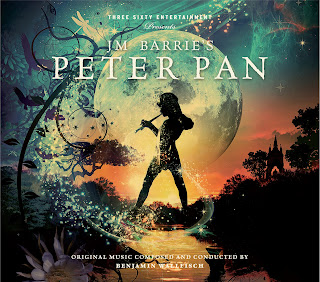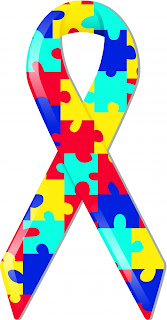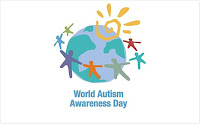Truth in Fiction

As children, we are taught that nonfiction means a story is true, while fiction means a story was made up by the author. But is it really that simple? I don’t think so. For a moment, I want you to forget what you’ve been taught. I want to explain why fiction is all about truth. It is not one truth, of course, or one person’s truth. Instead, it is a million truths, pulled from a million lives, all cut up into pieces and pasted together like a mosaic. It’s a new story now. It’s fiction, but real enough that when a reader draws close and examines bits of character, plot, motivation and experience, she can say: “That part is me.” I know many people who dismiss the value fiction. I’m sure you know them too. They are the ones who interrupt an anecdote you are telling to ask, “Is this a true story?” They are the ones who stop listening when you admit that it came from a novel. Part of me understands. I’m ...






